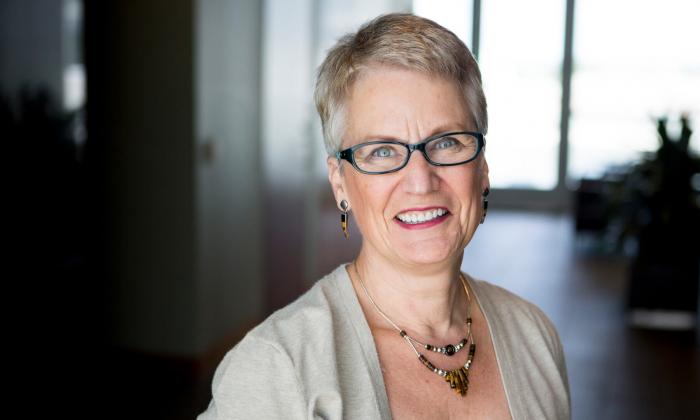
The production timeline for Teaching Tolerance magazine is long—planning for this issue began before the start of the school year. Because of this, we generally forgo topical items in favor of timeless stories that inspire, guide and support educators. We present new ideas, or examine a familiar issue through a new lens. And sometimes, we simply offer succor.
Succor? Oh, yes. After all, who needs positive reinforcement more than educators? Our schools, we’re told, are terrible because of bad teachers. Even “good” teachers can’t be trusted, it seems, so some parents demand to opt children out of programs designed to promote respect for diversity.
We saw that this fall when the American Family Association urged parents to boycott National Mix it Up at Lunch Day rather than have their children sit with someone too different.
This column is usually written when the final proofs are in hand and I can reflect on what lies between the covers. For this issue, that means I’m writing on December 16, just two days after the shooting at Sandy Hook Elementary School in Newtown, Conn. Like so many others, I want to say something that matters, even as I know words are inadequate.
On the Friday the news broke, we quickly posted a blog with advice for teachers heading back to school on Monday. Sadly, we had that advice ready. In the wake of last summer’s shootings at the movie theater in Aurora, Colo., and at the Sikh Temple in Oak Creek, Wis., we had decided to write a magazine article exploring ways teachers could help students cope in the aftermath of violence. The full article will appear in our next issue.*
We knew that, sooner or later, another national tragedy would provoke classroom questions. And we also knew that too many of our students face deadly violence in their neighborhoods. The violence rarely happens in school, but wherever it happens, children are affected.
"Children are the living messages we send to a time we will not see."
Neil Postman, The Disappearance of Childhood
Whether the violence is local or brought to children via the media, teachers, counselors and principals stand alongside parents as the trusted adults who help children navigate the terrible news.
This time, the violence happened in school, a place where each of you work every day. Most of the victims were children, like those you teach. Others were educators who died protecting their students.
Together with educators across the nation, Teaching Tolerance supports safe schools. Usually we mean that students should be safe from bullying, from bias and from negative messages that limit their opportunities to learn and grow; we trust that schools will not be places where life itself is in danger. It’s heartbreaking to realize that sometimes they are.
We stand with you. Educators know they don’t simply teach the basics—they provide the essential nurturing and support that children need to thrive. Sometimes, though, teachers need that too.
This weekend, the nation learned how much educators care about children: we learned that a principal and counselor would tackle a gunman, that a first grade teacher would hide her students and meet the gunman alone, and that others kept their charges safe and calm. Let’s hope one good lesson came from this: that teachers care about our kids.
—Maureen Costello
CORRECTION
In the Fall 2012 issue’s “Once Upon a Time in America,” May 11, 1963, was mistakenly listed as the date on which Vivian Malone and James Hood entered the University of Alabama. In actuality, the date was June 11, 1963.